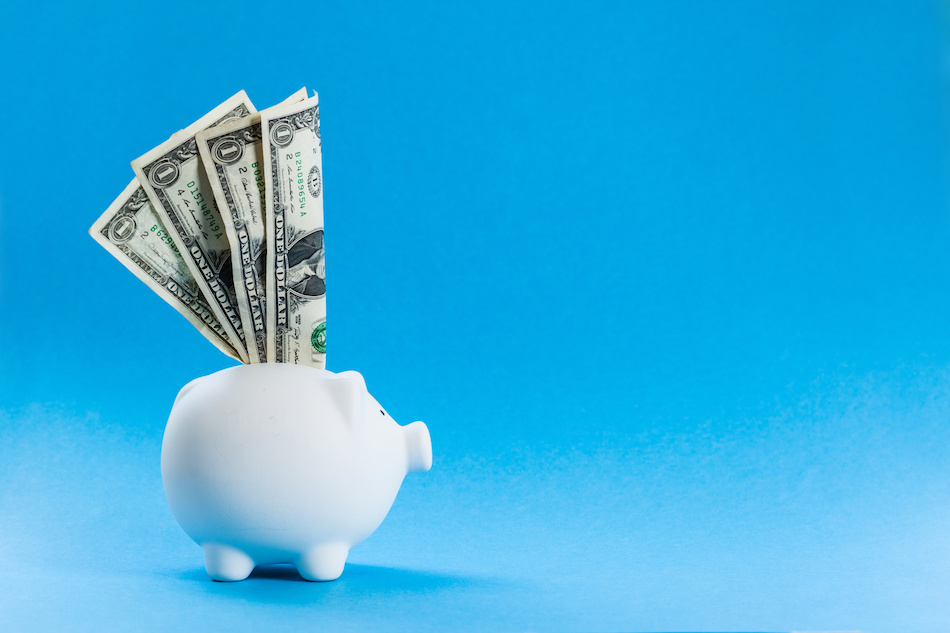 When you are engaged in a transaction as large as the sale of a home, you need to make sure that you have all your bases covered.
When you are engaged in a transaction as large as the sale of a home, you need to make sure that you have all your bases covered.
Who Pays Capital Gains Taxes?
The good news is that, in general, only sellers who make very substantial profits will pay capital gains when they are selling a primary residence. Under the Taxpayer Relief Act of 1997, an individual who is single will only pay capital gains on profit after the first $250,000. A married couple who files jointly will have the first $500,000 exempt.
However, it is important to note that the exemption only applies to a home that is considered a primary residence. For your home to be a primary residence, you must have occupied it for two of the last five years. If you were to purchase a home and sell it a year later at a dramatic profit, you would still owe capital gains.
Additionally, second or investment properties are not exempt. You will pay capital gains taxes on a home if, for instance, it is a property that you purchased to flip or one that you purchased for the purpose of earning rental income and never lived in.
Rental properties, however, can be converted to a primary residences. You just need to live there for two years out of the most recent five year period. These years do not need to be consecutive. So, you could live in the home for a year, rent it for three, then live in it again for the final year of ownership and satisfy the primary residence rule.
You are also only able to take the capital gains exemption once every two years. Take a couple who owns two homes and has lived two years in one and three in the other in the past five years. If they wish to sell both homes at the same time, they will only be able to take the capital gains exemption on one of the homes.
What To Do When You Owe Capital Gains Taxes
If you have found that you are likely to owe capital gains taxes, you still may be able to keep them from taking too large a bite out of your profits. Perhaps you invested in Franklin real estate and the home skyrocketed in value over the years. There are many steps you can take to reduce or eliminate the amount you may owe. If you are in a position to roll any profits from the sale into a comparable investment, you may be able to eliminate your tax burden. Talk to a real estate or tax lawyer to learn more, as each situation is unique.
You should also be ready to bring out any receipts for improvements you made to your home. These costs can be subtracted from your profit to lower your taxable total. By looking at your options for cutting your taxes and learning more about your potential tax liability in advance, you can cut costs and protect yourself from surprises at tax time.



